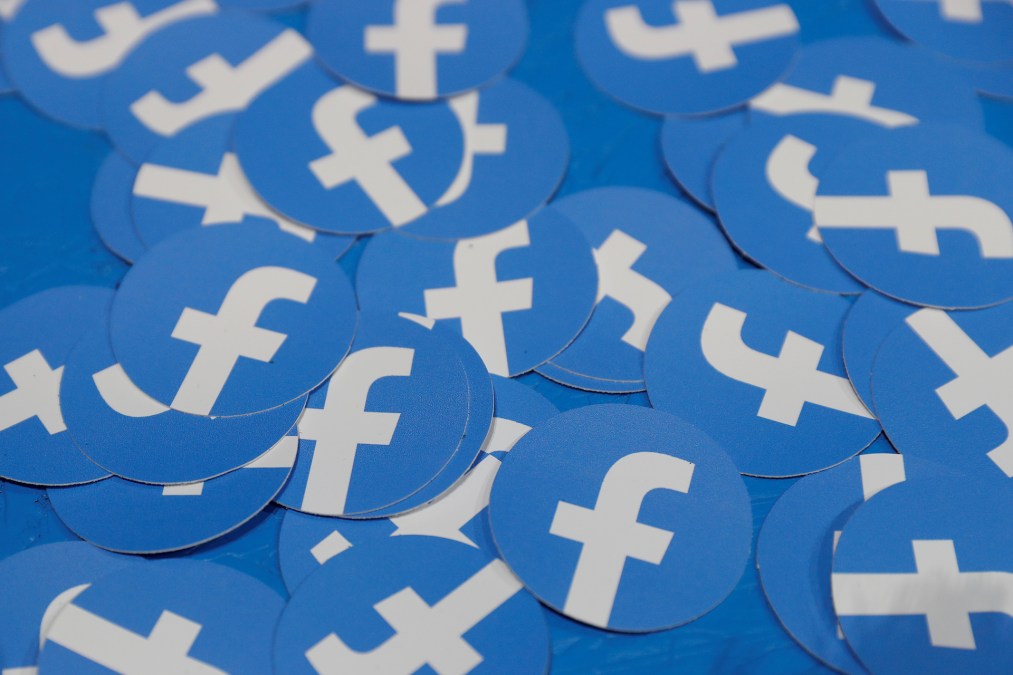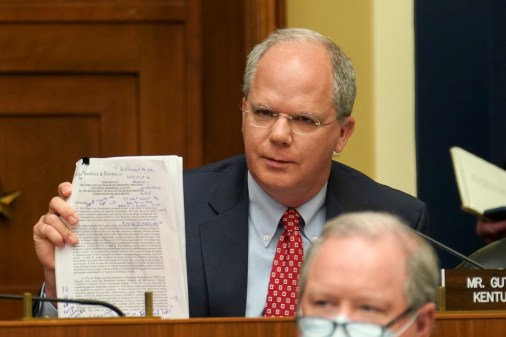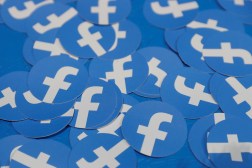Facebook stops NYU researchers from examining misinformation, is criticized for ‘silencing’ transparency efforts

Facebook shut down the accounts of researchers at New York University’s Ad Observatory who were studying misinformation, saying the team of experts had violated the company’s policies on automated collection of user data.
The researchers argue that the social media giant shut down their access because their research, which has focused on misleading political advertisements and vaccine misinformation, has drawn negative attention to the company. The shutdown builds on years of tension between researchers and the platform. Researchers argue that they deserve special exemptions from Facebook’s policies banning the automatic collection of data from the platform because it holds valuable insights into how the company influences democracy and social issues in the U.S.
“Facebook is silencing us because our work often calls attention to problems on its platform. Worst of all, Facebook is using user privacy, a core belief that we have always put first in our work, as a pretext for doing this,” lead researcher Laura Edelson said in a statement. “If this episode demonstrates anything it’s that Facebook should not have veto power over who is allowed to study them.”
Facebook first sent the project a cease-and-desist to take down the project in October but did not take action until Tuesday, August 3. Researchers Laura Edelson and Damon McCoy have used the Ad Observer plugin to view “limited and anonymous” ads shown to Facebook users that volunteer for the project, they say.
The action also cut off other researchers and journalists who were studying the way that Facebook amplified misinformation. The company then claimed the move was intended to protect user privacy, an allegation widely criticized by lawmakers, experts and Mozilla, which said Facebook’s claims are false.
“Research is not an excuse to break privacy rules and scrape user data–no matter the intent. As most will remember, we paid a $5 billion fine to the FTC for a developer scraping data under the auspices of ‘research,” Facebook spokesperson Andy Stone tweeted in a statement on Wednesday, referring to the platform. “We took action against NYU researchers to stop unauthorized scraping and protect people’s privacy in line with our privacy program under the FTC Order.”
Facebook settled with the FTC for a record $5 billion in 2019 over alleged user privacy violations, including the Cambridge Analytica scandal. As part of the agreement, the FTC requires Facebook to certify third-party use of user data.
Because ads are designed to be shown to the public and the information comes from willing users, the pair’s lawyer says Facebook’s basis for removing their account is bogus.
“For this research, Facebook users voluntarily donate their advertising information while remaining completely anonymous, and the researchers do not collect any private user information,” Seth Berlin, counsel for the two researchers, said in a statement to the Knight Foundation. “Facebook’s primary justification for trying to shut down this important research simply doesn’t hold up.”
The move also attracted scrutiny from lawmakers. Sen. Mark Warner (D-Va.) called the move “deeply discerning.”
“It is vital that social media companies both protect user data and improve transparency,” Sen. Amy Klobuchar (D-Minn.) said in a statement.
Warner and Klobuchar are longtime critics of misinformation on the platform. They co-sponsored a bill that would require social media companies to maintain a public file of election ads. Klobuchar also recently introduced a bill that would make social media platforms including Facebook legally liable for health misinformation.
This isn’t Facebook’s first data scraping scandal this year. Earlier this year personal information of more than 500 million Facebook users was leaked online after an unknown party scraped them using a now-fixed vulnerability. Facebook never notified users whose data was scraped.




